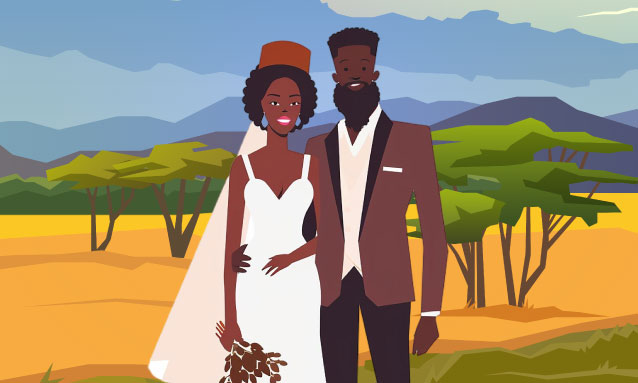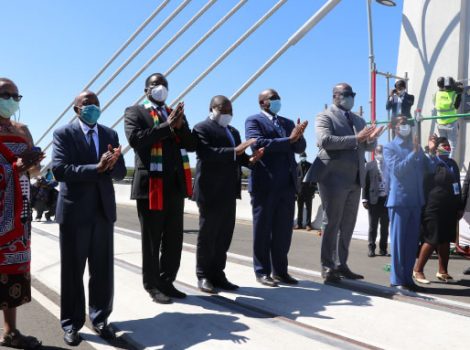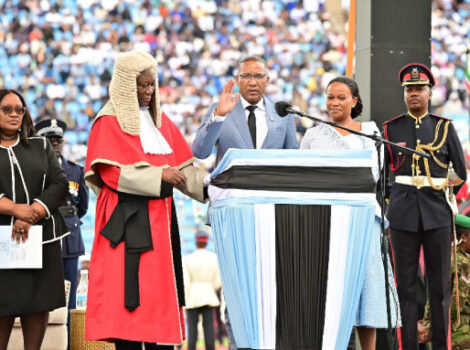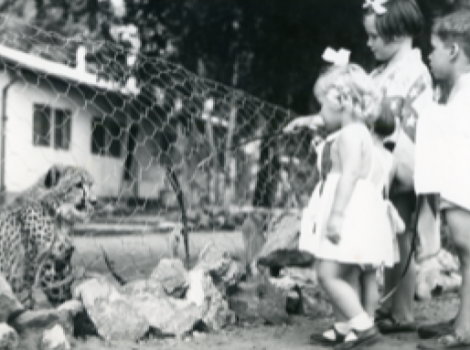
4 September 2024
It is something that would be frowned upon in 2020 but in the previous and possibly earlier centuries, marital union could be established without immediate payment of “bogadi” (bridewealth) by the groom.
As a war raged across Europe and the Asia Pacific, Dr. Isaac Schapera at the University of Cape Town packed off one of his researchers to the Kgalagadi Desert to conduct research on whether Shekgalari was indeed a Setswana dialect as was commonly believed at the time. There, D. van Der Merwe spent two months (January and February of 1944) doing much broader ethnographic research among Bakgalagari communities and one of the issues he tackled with the subjects was “bogadi” or “lobola”.
Across the desert, various informants told the UCT researcher that it was common practice for the payment of bogadi to be delayed until the man could afford it.
In Kang, a Moshaga man only identified as Haribolozwe told Van der Merwe;
“If a man is unable to pay bridewealth when he gets married, he will pay it afterwards, even when he has children.”
Many more people in various villages said the same thing. Twenty-four-year old Bush Moumakwa said something that would be eyebrow-raising in 2020.
“If a girl’s child is already grown, she will very soon get married, because some men like a woman who has a child before marriage, because that child will work for them.
On marrying a woman who has a child, the man will pay a higher bride-wealth, because he got her together with her child,” said Moumakwa, who told Van der Merwe that he was “begotten by Mokgolele, an assistant of the chief.”
In an African community that was fast acculturating into a western identity, Kgalagadi bogadi was increasingly being paid in money instead of in livestock. With no way of knowing what lay farther down the road, Schapera wrote in the introduction of a document that Van der Merwe produced after this research:
“This innovation is rarely, if ever, found among the Tswana.”
However, there was a catch to this seemingly generous dispensation.
“If no bridewealth has been paid, the children do not belong to his family but to the girl’s,” said Mokolobe and Khekheng of Kokong.
This point was elaborated upon by Rradire and Maepwe of Hukuntsi:
“If a man does not pay bridewealth, then the children have to go and stay with his wife’s people. All the children will go and stay there.
But if the wife of the father is willing, the children may be left at their father’s place so that they may help him to pay the bridewealth.
If a man is poor, and has no children either, then the bridewealth will be paid by his relatives.”
Source: Culture Botswana 2.0
About Culture Botswana 2.0: A unique nation-building tool, Culture Botswana 2.0 champions cultural diversity, inclusion, equality and visibility through indigenous-culture journalism that documents and dignifies all of Botswana’s indigenous cultures. Culture Botswana has a Facebook page by the same name.
You may also like: https://yourbotswana.com/2018/10/21/bogadi-is-not-setswana-culture-kgosikwena-sebele/



